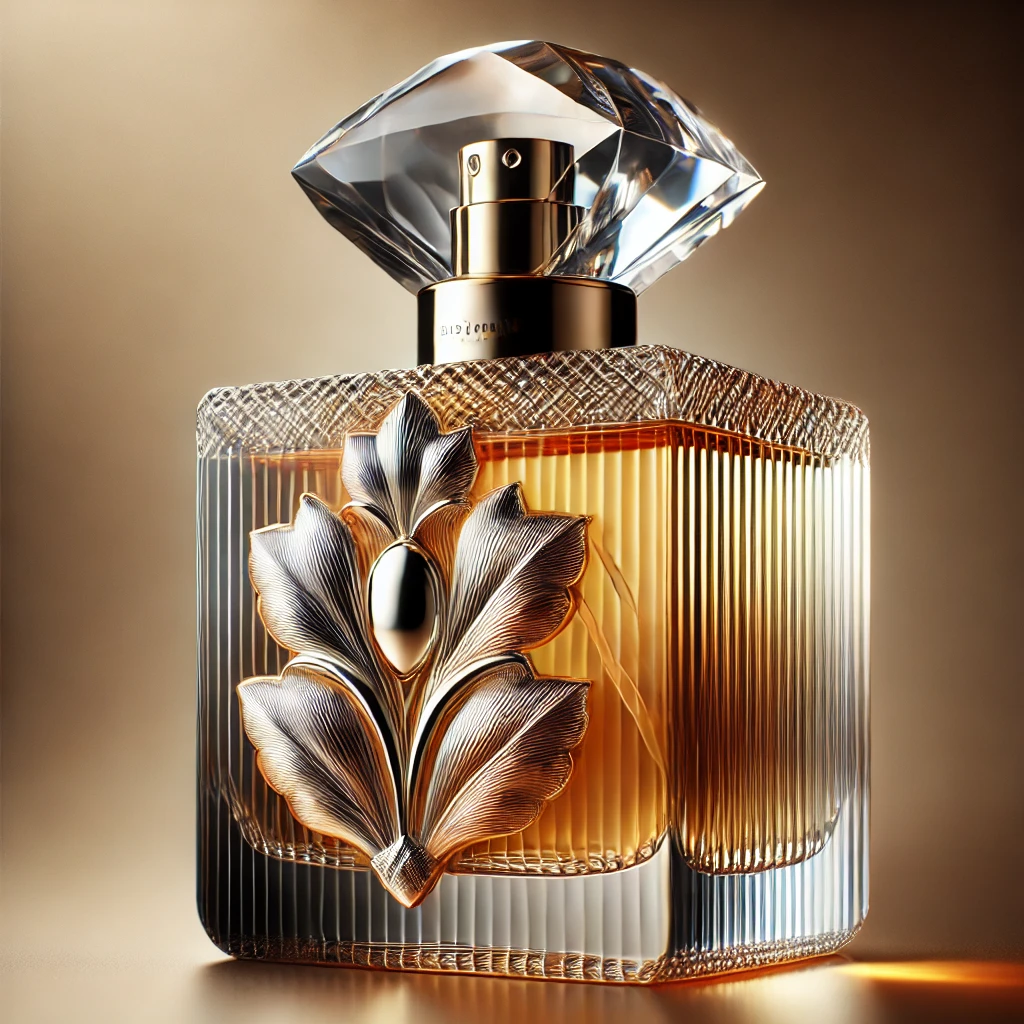Perfume cloning is a common practice where lower-cost brands replicate the scent of high-end perfumes. This might seem unfair to luxury brands, but perfume cloning is generally legal due to how intellectual property (IP) laws view fragrances. Here’s why perfumes are not strongly protected by IP law, and why cloning is allowed.
Perfumes Are Considered Functional, Not Artistic
Copyright laws primarily protect artistic and creative works like paintings, music, and literature. Perfumes, however, are seen as functional products because their primary purpose is to emit a pleasant scent. This means they don’t qualify for the same protections as purely artistic works.
While perfume-making involves creativity, the law focuses on function. Perfumes are worn to enhance personal scent, making them utilitarian rather than a form of artistic expression. As a result, perfumes do not qualify for copyright protection, which applies to creative works.
Patents Are Rare and Impractical for Perfumes
In theory, perfumes can be protected under patent law, but this is uncommon. Here’s why:
- Full Disclosure Requirement: To get a patent, perfume companies must disclose the entire formula. Once the patent expires (typically after 20 years), competitors can legally use the formula. This limits the long-term value of a patent.
- High Costs: Obtaining and defending patents is expensive. Given the rapid production of new perfumes, it’s not practical for companies to patent each new scent.
- Limited Duration: A perfume’s commercial life often exceeds 20 years, making patent protection less appealing for companies aiming for long-term exclusivity.
As a result, many companies opt for trade secret protection over patents.
Trade Secrets vs. Legal Reverse Engineering
Perfume formulas are typically protected as trade secrets. Companies maintain the confidentiality of their formulas, which provides long-term protection as long as the secrets remain undisclosed.
However, trade secrets don’t stop competitors from reverse-engineering a product. Using technology like gas chromatography-mass spectrometry (GC-MS), competitors can analyze and recreate the chemical makeup of a perfume. Reverse engineering is legal in most countries as long as no theft of proprietary information occurs. This loophole allows perfume cloning to remain lawful.
Proving Perfume Cloning as Infringement is Difficult
Even if a company suspects its perfume has been copied, proving it in court is challenging. Perfumes often contain similar ingredients, and variations in concentration can change a scent.
Additionally, scents are subjective, and two fragrances that smell similar to the average consumer may have different formulas. This makes it hard to establish that one perfume is a direct clone of another. The complexity and subjectivity of scent limit the feasibility of claiming infringement in such cases.
Market Competition and Consumer Choice
From a legal and economic perspective, allowing perfume cloning fosters market competition. Clone brands give consumers affordable alternatives to expensive luxury fragrances, making the market more diverse and competitive.
If perfume cloning were banned, luxury brands could monopolize popular scents, driving up prices and reducing consumer choice. By allowing cloning, the law ensures a broader range of price points and options for consumers.
Trade Dress and Trademark Protection for Perfume Branding
While the scent of a perfume cannot be protected, its brand identity can be. Companies use trademark laws to protect brand names, logos, and trade dress laws to safeguard packaging and bottle design.
For example, competitors cannot legally use brands like “Chanel No. 5”. These protections allow perfume companies to defend their branding, even if the scent itself can be legally copied.
Branding and Consumer Experience Are Keys
Luxury perfume brands emphasise the experience of their product, including packaging, advertising, and reputation. While a clone may replicate the scent, it cannot offer the same brand prestige and experience. Consumers often buy luxury perfumes for more than just the fragrance, they buy into the exclusivity and status associated with high-end brands.
By focusing on branding, luxury companies maintain their market position despite the existence of clones.
Conclusion
Perfume cloning remains legal primarily because perfumes are considered functional products, which do not receive the same protections as artistic works. Unlike music or literature, which are fully protected under copyright laws, fragrances are viewed as tools for personal expression rather than pure art. This classification means they are less shielded from duplication.
Furthermore, reverse engineering is permitted in the fragrance industry. This practice allows competitors to analyse and recreate scents, making it difficult to prove that one perfume has copied another. The subjective nature of fragrance adds another layer of complexity, as two perfumes may smell similar to consumers while having distinct formulas.
Perfumer companies can protect their brand names and packaging with trademarks and trade dress laws, but their formulas are mostly unprotected. This allows competition, gives consumers more choices, and legalises perfume cloning everywhere.
Sources:
M. R. (2021). The Scent of Success: Intellectual Property Challenges in the Fragrance Industry. Available at: https://law.bepress.com/cgi/viewcontent.cgi?referer=&httpsredir=1&article=1312&context=usclwps-lss
The Smell of Protection: The Scope of Intellectual Property Rights in Perfume & Fragrance. International Journal of Law and Legal Jurisprudence Studies. Available at: https://www.ijlsi.com/wp-content/uploads/The-Smell-of-Protection-The-Scope-of-Intellectual-Property-Rights-in-Perfume-Fragrance.pdf
Chan, A. (2023). China IP: Chanel N5 Bottle Shape is Protected – Packaging No. Mondaq. Available at: https://www.mondaq.com/china/trademark/1192488/china-ip-chanel-n5-bottle-shape-is-protected-packaging
